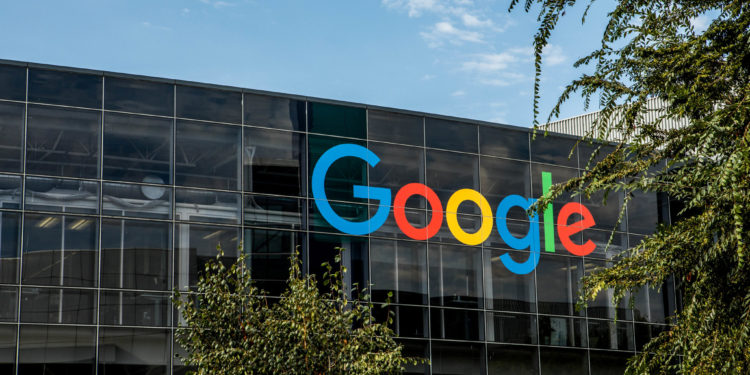Google has settled a lawsuit after the tech giant was accused of tracking users who thought they were browsing the internet privately. This pending court-approved settlement represents a major development, mandating Google to erase billions of data records linked to individuals utilising Chrome’s incognito mode.
The lawsuit against Google revealed that the company stored both standard and incognito browsing histories of users within the same profile. This data was then utilised to tailor personalised ads that Google displayed to users.
“Even when users are browsing the internet in ‘private browsing mode,’ Google continues to track them,” said the suit. “Google’s tracking occurred and continues to occur no matter how sensitive or personal users’ online activities are.”
It is a crucial step towards promoting transparency and accountability in how technology companies handle user data. Lawyer David Boies of Boies Schiller Flexner LLP, who represented users in the fight, called the deal an “historic step in requiring honesty and accountability from dominant technology companies”.
Initially filed in 2020, the lawsuit sought damages exceeding $5 billion (KES 657,500,000,000) but does not include any monetary compensation for the plaintiffs. However, individual users still have the option to seek damages separately for any harm resulting from clandestine data tracking.
“We are pleased to settle this lawsuit, which we always believed was meritless,” Google spokesman Jorge Castaneda said in a statement, noting that the company would not be paying any damages.
He added, “We are happy to delete old technical data that was never associated with an individual and was never used for any form of personalization.”
As part of the settlement agreement, Google is obligated to update its disclosures to inform users about the potential tracking of browsing activity during incognito mode.. Google will also default to blocking third-party tracking cookies in incognito mode for the next five years, aiming to enhance user privacy and reduce data collection during private browsing sessions.
Furthermore, Google will revamp the disclaimer on the incognito mode launch page to clarify that data may still be collected despite using this browsing option.
The company will a undertake the deletion of previously collected private browsing data and implement ongoing changes to incognito mode to strengthen user privacy by limiting data collection during private browsing sessions.
The settlement includes provisions to prevent Google from tracking users’ decision to browse privately and to delete and rectify any improperly collected data from the past. These measures underscore Google’s commitment to improving user privacy and data protection practices.
It highlights the growing importance of holding tech companies accountable for their data practices and emphasises the need to prioritise user privacy in the digital age.















